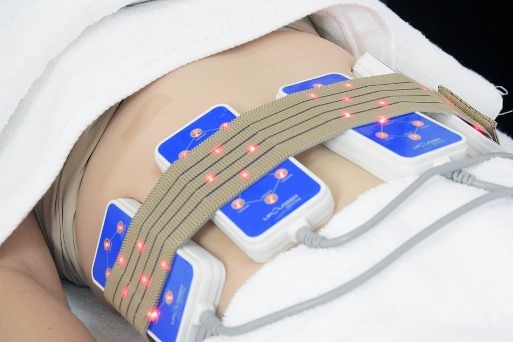BREAST CANCER AWARENESS
October is breast cancer awareness month, a worldwide annual campaign involving thousands of organisations, to highlight the burden of breast cancer. In honour of the breast cancer awareness month, we are giving this helpful guide about breast cancer.
KEY MESSAGES
Breast cancer is the top cancer in women worldwide and is increasing particularly in developing countries where majority of cases are diagnosed in late stages.
1 in 8 women will be diagnosed of breast cancer in their lifetime.
Early detection in order to improve breast cancer outcome and survival remains the cornerstone of breast cancer control.
Risk Factors:
- Has abnormal genes, such as mutated BRCA-1, BRCA-2, or PALB-2 genes
- Began her menstrual period before age 12 or began menopause after age 55
- Used hormone replacement therapy (HRT) with estrogen and progesterone over a long period of time.
- Has a family history of breast cancer, colorectal cancer or ovarian cancer
- Has a personal history of ovarian cancer
- Is currently using or has recently used birth control pills
- Has never had children, or had her first child after age 30
- Smokes or uses tobacco
You might be at an increased risk of breast cancer if you are a woman or man who:
- Is overweight or obese
- Is not physically active
- Is over age 40
- Has already had cancer in one breast
- Has a family history of ovarian cancer
- Has had radiation therapy close to his or her chest
SYMPTOMS
Don’t wait for symptoms to appear. Get screened according to guidelines. If you do notice any of the following symptoms, talk with your healthcare professional:
- A lump, hard knot or thickening in the breast
- A lump under your arm
- A change in the size or shape of your breast
- Nipple pain, tenderness or discharge, including bleeding
- Itchiness, scales, soreness or rash on nipple
- A nipple turning inward or inverted
- A change in skin colour and texture (dimpling, puckering, or redness)
- A breast that feels warm or swollen
PREVENTION
- If you have babies, breastfeed them
- Limit alcohol consumption
- Exercise daily for 30 – 60 minutes
- Maintain a healthy weight
- Do not smoke, if you do quit.
EARLY DETECTION
- In your 20s and 30s, have a clinical breast exam (CBE) by a healthcare professional at least every three years
- Beginning at age 40, have an annual CBE and mammogram
- If you are at high risk, talk with your healthcare professional about beginning annual mammograms at a younger age and/or having a magnetic resonance imaging (MRI)
- If you have a family history of breast cancer, talk to your health care professional about genetic testing
- When you reach menopause, talk with your healthcare professional about whether you should have hormone replacement therapy
- Know what is normal for your breasts. (Breast self-exam is one way you can do this). If you notice changes, see your healthcare professional right away.

